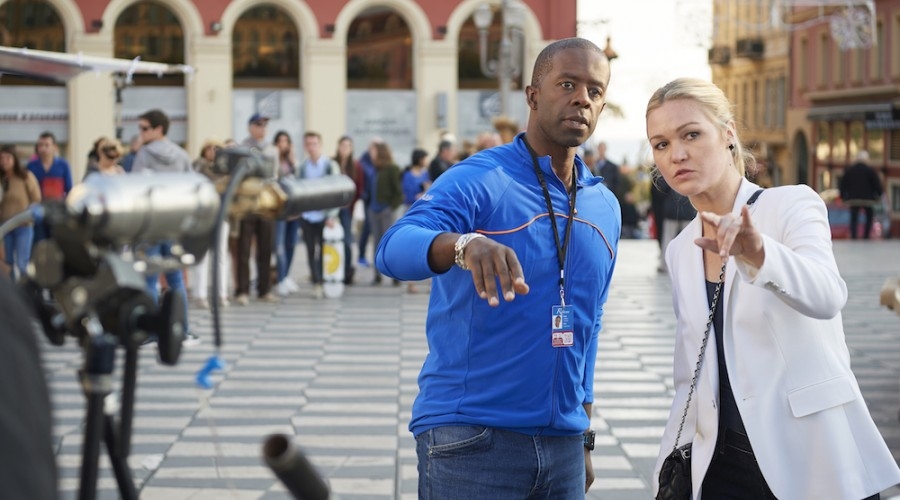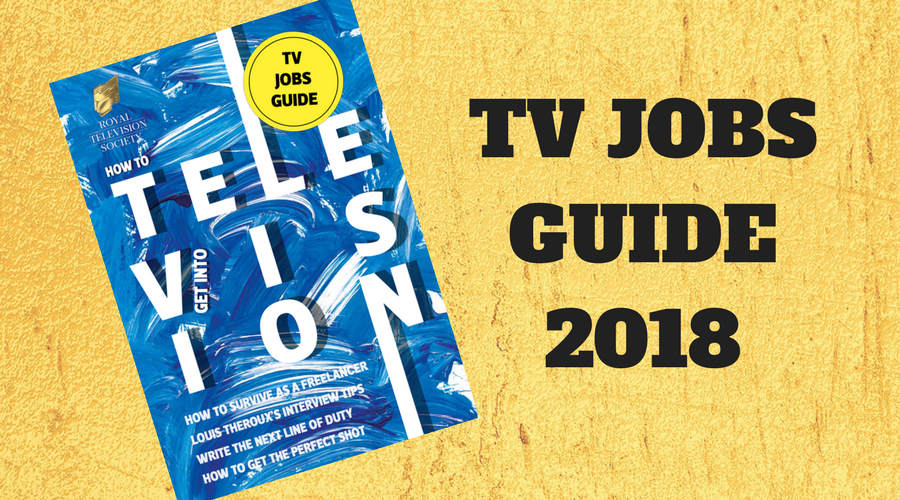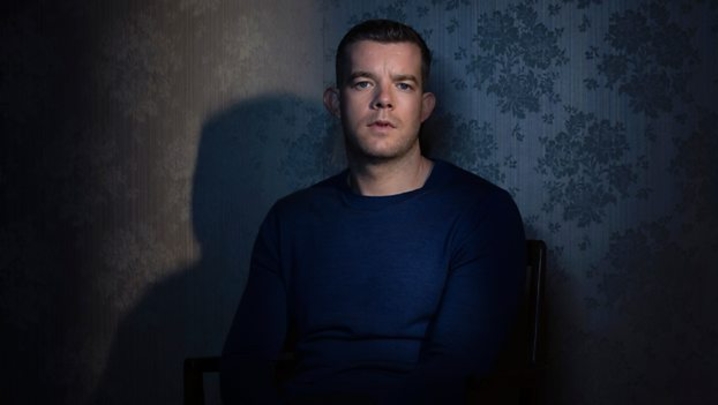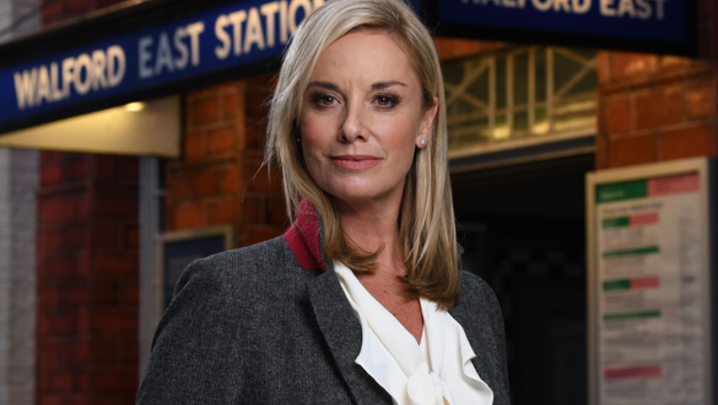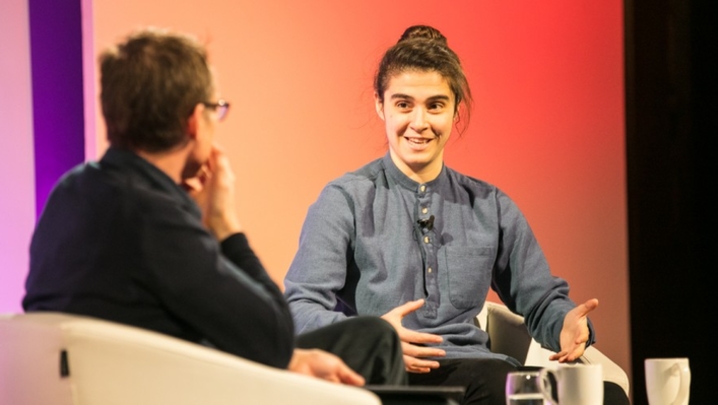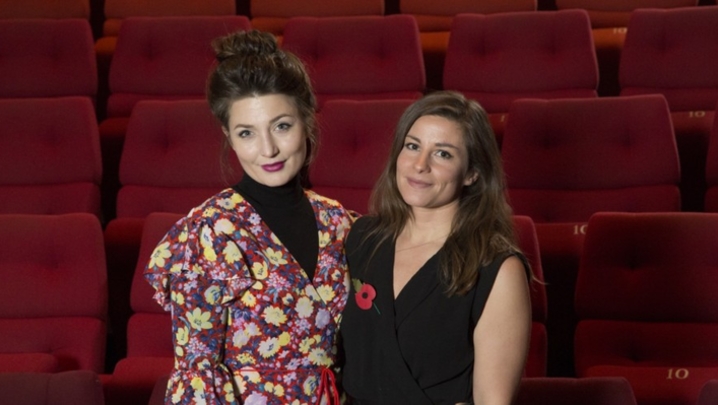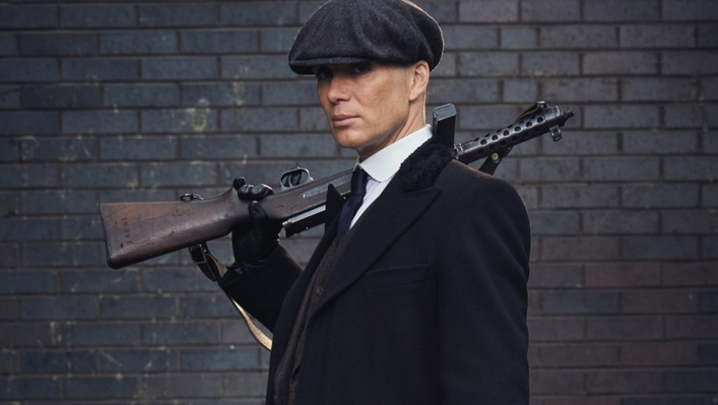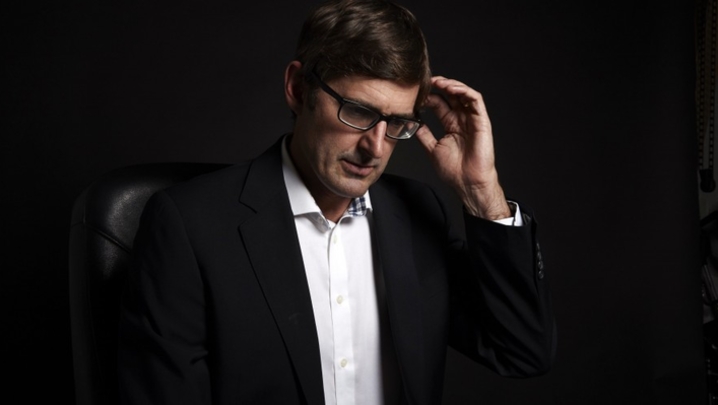Adrian Lester has built a career acting in theatre, film and television. He starred in BBC One drama Hustle for eight years, going on to direct an episode in 2012. More recently, he played Robert Carver in Riviera on Sky Atlantic, where he also directed two episodes, and he is currently starring alongside John Simm in ITV thriller Trauma.
I’ve always loved acting, I just caught the bug.
It’s become an old saying now, but if you can make a living doing what you love, then you’ll never have to work a day in your life. That has certainly been what it’s felt like for me. The hardest thing to deal with is what happens when you're not able to work, and you either have to take another job or just be frustrated and wait. There’s all sorts of disappointments waiting for you, and I think the measure of professionalism in our career is how you handle disappointments, not how you handle success.
Actors have to seal themselves in a little bubble, so that they can live in a world of imagination.
They draw on emotions and ignore the cables, the lights, the cameras, the runners and so on. The director has to do almost the complete opposite. While shooting a script out of sequence, they need to have a clear vision of what element of the story's being told at which time, and how we need to tell it.
I’ve always been a bit of a director, I just didn’t know it.
By the time I’d been working on Hustle for five or six years, the technicalities were in my bones, I knew the language of the show, and I really wanted to have a crack at directing. It took me a while to convince myself that I should push for it, and then in the pushing it took me a while to convince the producer that I was working with that I was serious, and that I wasn't just going to muck it up. I won't ever forget the trust the team placed in me.
Switching between acting and directing in the same production is a very complicated dance.
You're switching on and off, in terms of your bubble as an actor, and your awareness as a director. For me, it's like playing a large role on stage, because you are constantly in and out of that awareness of being in the bubble and yet being onstage in front of an audience, repeating what direction you've been given, what positions you have to hit, but at the same time disappearing inside your own emotional thought process.
There are just two things that will help you on set, whatever job you’re doing:
One, be good at what you do. Two, be there for the people that work with you. If you can be counted on and you can do your task well, then you could have no problem.


